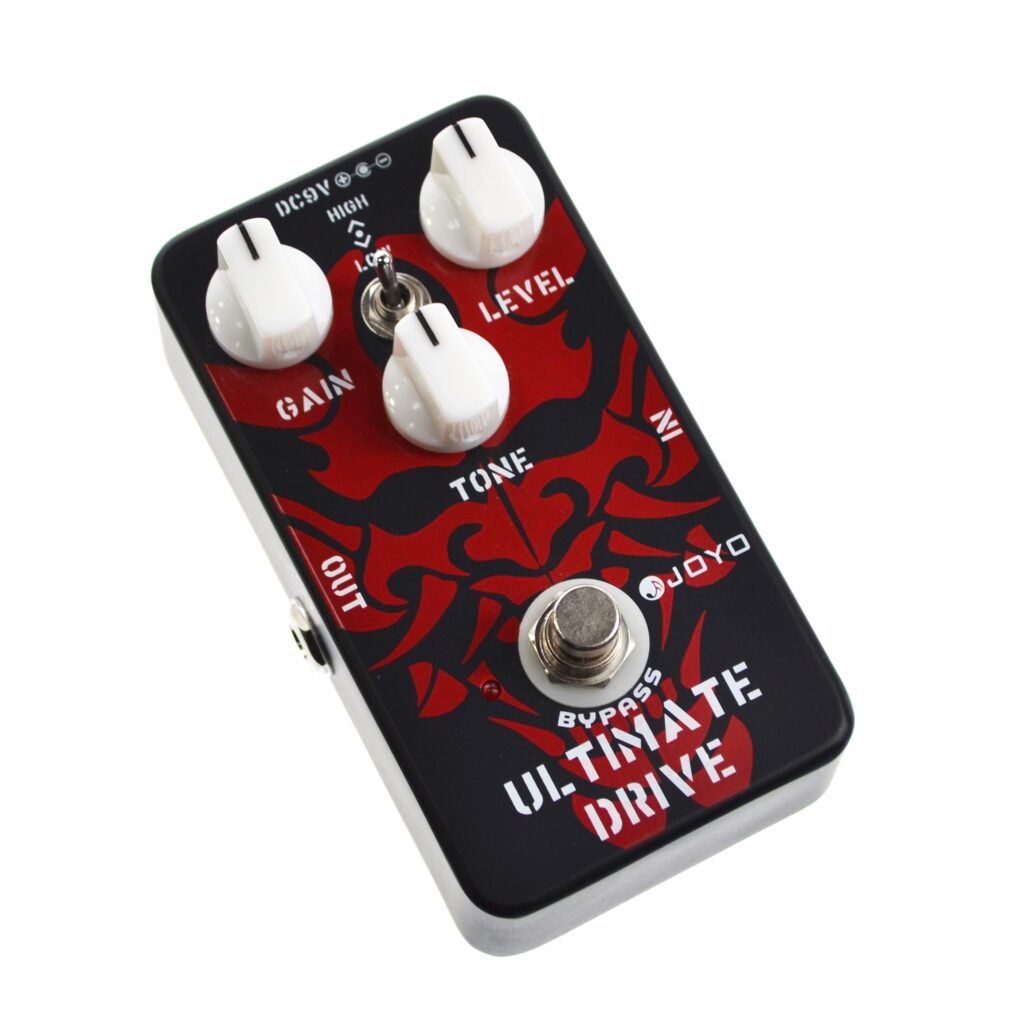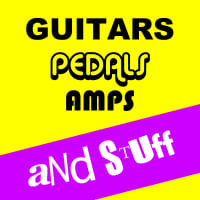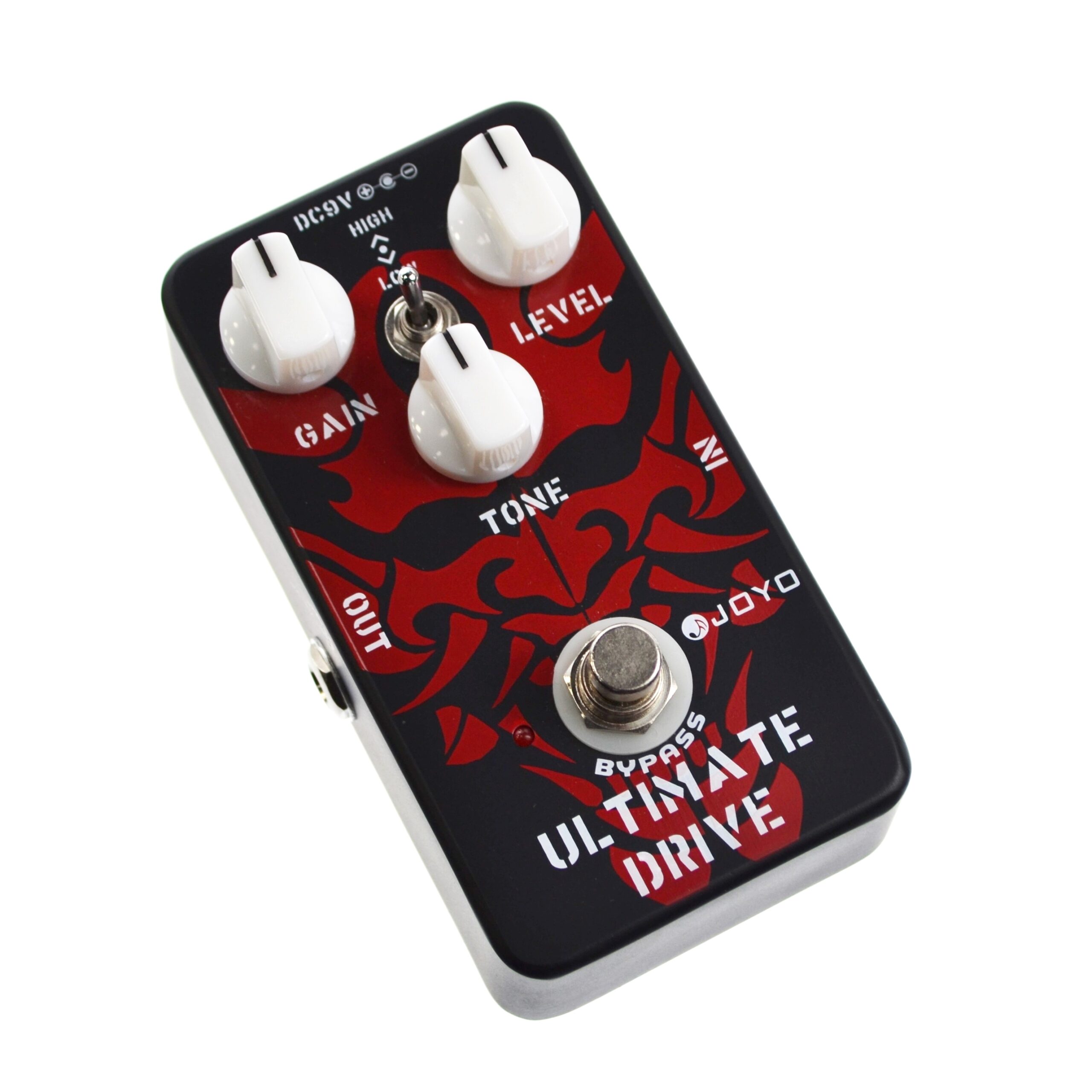
One interesting aspect about distortion effects for guitars, which might not be readily apparent in online discussions but is often pondered upon, is the psychological and emotional connection that players establish with distortion.
Beyond its technical aspects and sonic alterations, distortion has a profound impact on the emotional expression of a guitarist. While it’s commonly associated with grit, aggression, and intensity, there’s a fascinating psychological phenomenon at play when a guitarist engages with distortion.
Distortion has the unique ability to transform the way a player perceives and interacts with their instrument. When a guitarist steps on a distortion pedal or cranks up the gain on an amp, it’s not merely about making the sound louder or grittier. It’s about tapping into a visceral, almost primal connection between the player’s emotions and the instrument.
The raw, saturated sound of distortion doesn’t just alter the tone—it alters the feeling. It can heighten emotions, empower a performance, and even serve as an outlet for releasing pent-up energy or emotions. The controlled chaos of distortion allows a guitarist to express themselves in ways that may feel more cathartic or liberating compared to playing clean tones.
In a way, distortion becomes an extension of the guitarist’s emotional expression. It can convey anger, frustration, joy, or rebellion, acting as a sonic conduit for the musician’s innermost feelings. The psychological effect of distortion isn’t solely about the sound produced but also about how it influences the guitarist’s mindset and emotional state while playing.
Additionally, the association between distortion and certain genres or eras in music also contributes to this psychological connection. For instance, the raw, aggressive distortion of punk rock or the searing, sustained notes of classic rock solos evoke specific emotions and memories for both players and listeners.
Therefore, the allure of distortion goes beyond its technical characteristics; it taps into the psychology of music-making, fostering a deep emotional bond between the player, their instrument, and the sonic landscapes they wish to explore and convey. The power and significance of distortion, beyond its sound waves, lie in its capacity to resonate on a deeply emotional level with both the musician and the audience.

